SUNCASA by International Institute for Sustainable Development and World Resources Institute
Project Information
The Scaling Urban Nature-based Solutions for Climate Adaptation in Sub-Saharan Africa (SUNCASA) project aims to enhance climate resilience, gender equality, social inclusion, and biodiversity protection in vulnerable urban communities across Ethiopia, Rwanda, and South Africa. Centred on community-level capacity building and the implementation of gender-responsive, socially inclusive nature-based solutions (NbS), SUNCASA will directly benefit 2.2 million people living in flood-prone areas of Dire Dawa (Ethiopia), Kigali (Rwanda), and Johannesburg (South Africa).
Designed and implemented in collaboration with local organizations, SUNCASA leverages the power of nature to restore critical urban watersheds, expand green spaces and canopy coverage, address water stress and urban heat, and generate sustainable livelihoods. Guided by the IUCN Global Standard, SUNCASA adopts an inclusive and participatory approach, fostering the meaningful participation of women and other underrepresented groups throughout the NbS policy-making process, from planning to implementation to management.
The project is grounded on community-level climate vulnerability risk assessments, gender analyses, and activity validation processes. By adopting and implementing gender-responsive and socially inclusive NbS for the restoration of watersheds, riparian corridors, and urban green spaces, the SUNCASA project directly responds to pressing climate threats such as flooding, landslides, extreme heat, and biodiversity loss.
SUNCASA works with local governments, civil society, and community associations to promote an enabling environment for the adoption and scaling of urban NbS that prioritize the most vulnerable. This includes mainstreaming gender-responsive NbS into policy frameworks, sharing cutting-edge research, launching communications and public engagement campaigns, and building capacities across a wide range of stakeholders to plan, monitor, and implement gender-responsive NbS projects, as well as unlocking finance for scaling NbS projects.
Project NbS interventions include agroforestry, reforestation, afforestation, the establishment of buffer zones, the removal of invasive alien species, and the planting of indigenous trees. In total, over three million trees will be planted across the three cities, restoring nearly 4,000 hectares of degraded land.
SUNCASA’s gender equality and social inclusion (GESI) component recognizes that women, girls, and other underrepresented groups have limited access to resources and are often disproportionately affected by climate impacts. The project is committed to challenging gender-biased norms and practices, empowering these groups with the knowledge and skills to engage effectively in NbS planning, project preparation, long-term management, and local decision making.
Building capacity for municipal governments and local organizations and communities is a central project priority. SUNCASA supports municipal governments, academic and civil society partners, women’s organizations, and communities in each city in designing, implementing, monitoring, and advocating for context-specific NbS aligned with local adaptation priorities, ensuring they are equipped and empowered to deliver effective and lasting solutions.
In addition, SUNCASA facilitates peer-to-peer learning exchanges between stakeholders from the three cities on GESI-responsive NbS for adaptation and publishes cross-site analyses with recommendations for future projects. More than 22,000 stakeholders are expected to benefit from capacity building, peer learning, and on-the-ground implementation activities.

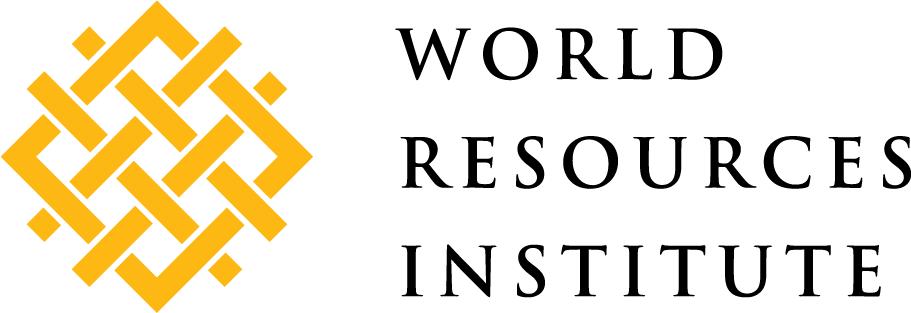
Project Data
International Institute for Sustainable Development (IISD) and World Resources Institute (WRI)
Haramaya University, Albertine Rift Conservation Society (ARCOS), Rwanda Young Water Professionals (RYWP), Association of Genocide Widows (Association des Veuves du Genocide Agahozo—AVEGA), The Johannesburg City Parks and Zoo (JCPZ), Zutari (Pty) Ltd, Women for Climate Justice Southern Africa (GenderCC SA), Hararghe Catholic Secretariat, City of Kigali, Alexandra Water Warriors, Water for the Future, and Johannesburg Inner City Partnership.
Implementation Countries
News & Stories
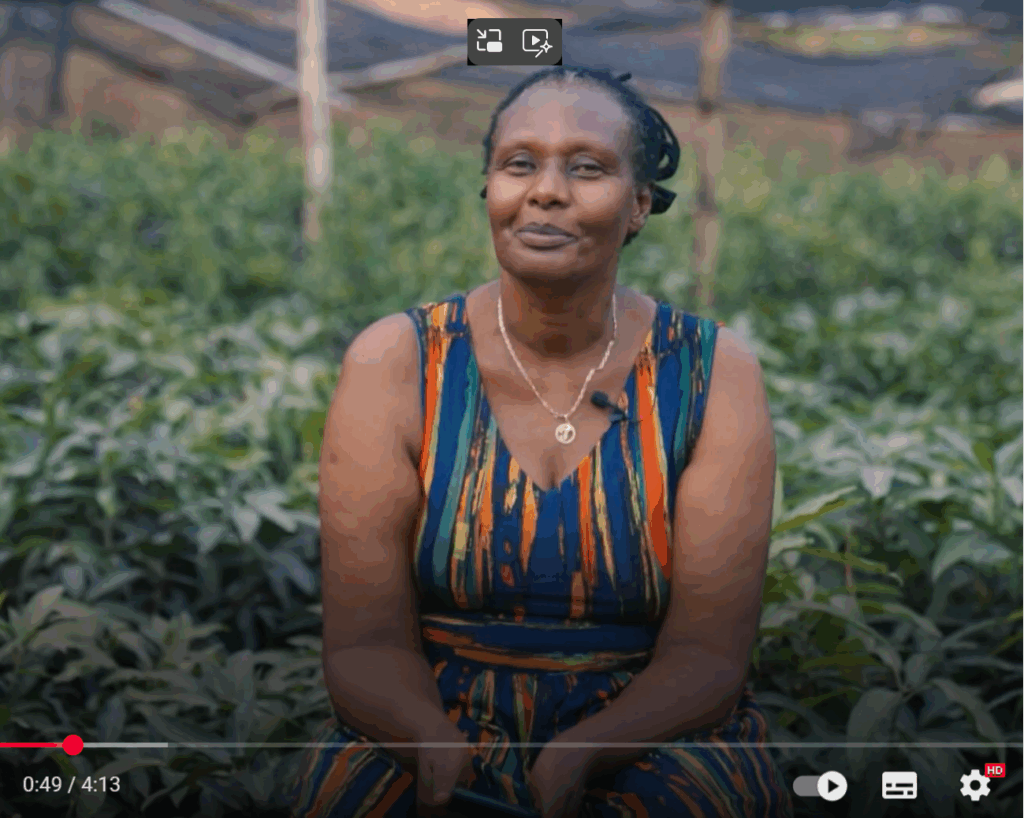

IISD, April 2025
SUNCASA | Turning trash into treasures along the Jukskei River in Johannesburg
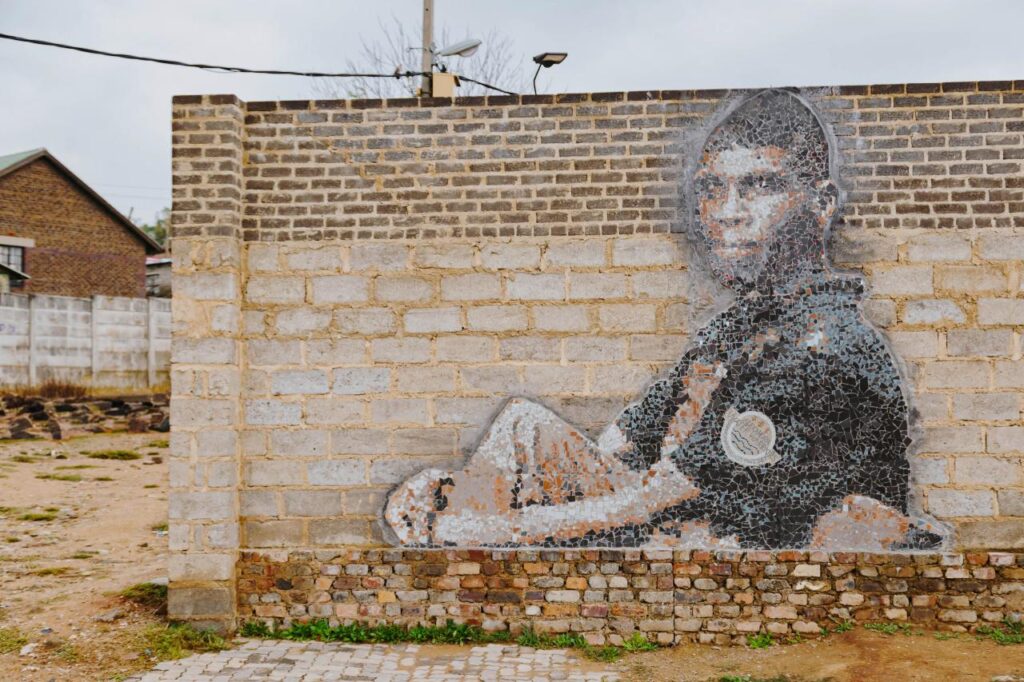
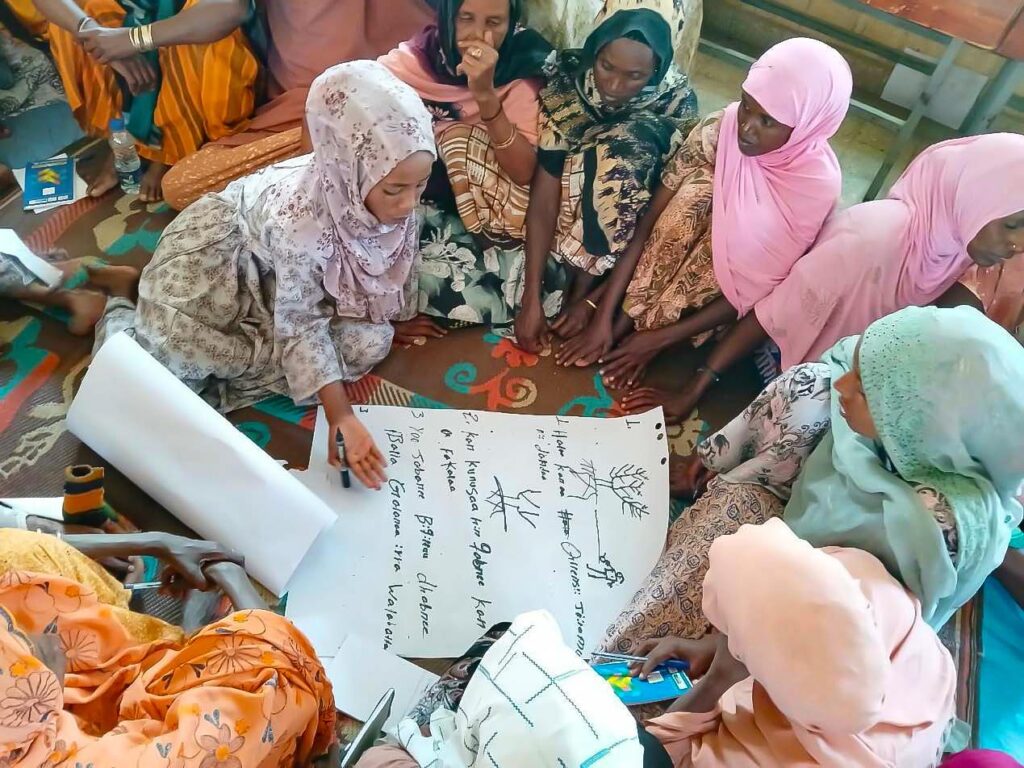
IISD, January 2025
Challenging Gender Discriminatory Norms, Practices, and Beliefs in Sub-Saharan Africa
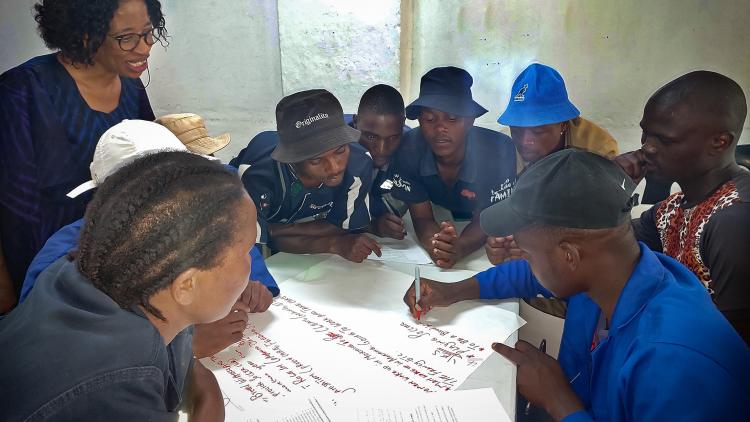
WRI, December 2024
Three Takeaways on Green Infrastructures and Nature-Based Solutions for Urban Resilience
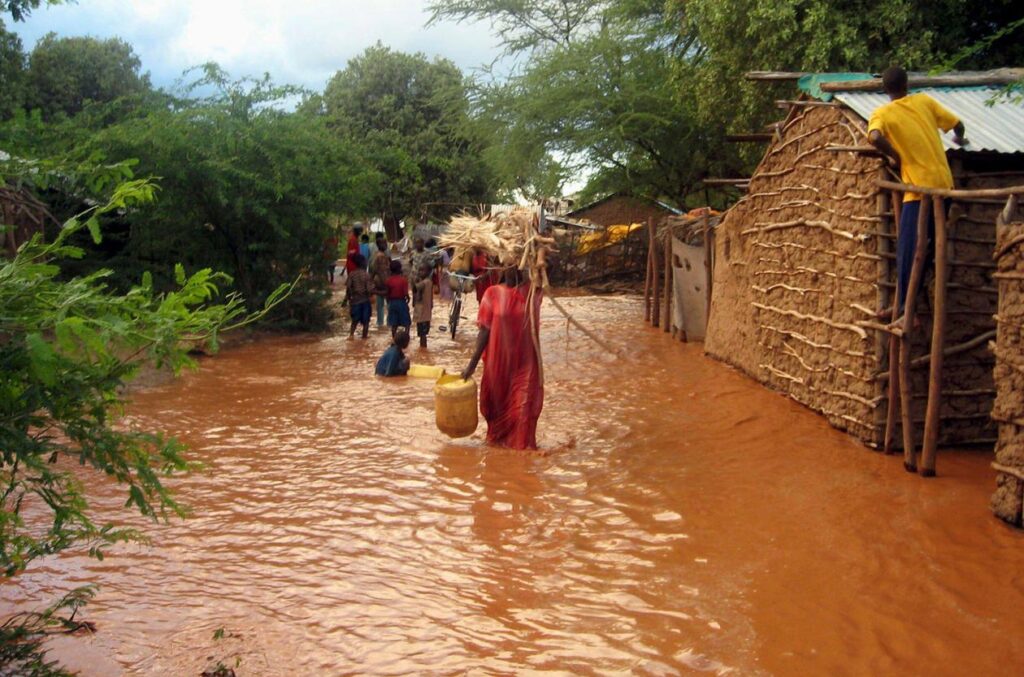
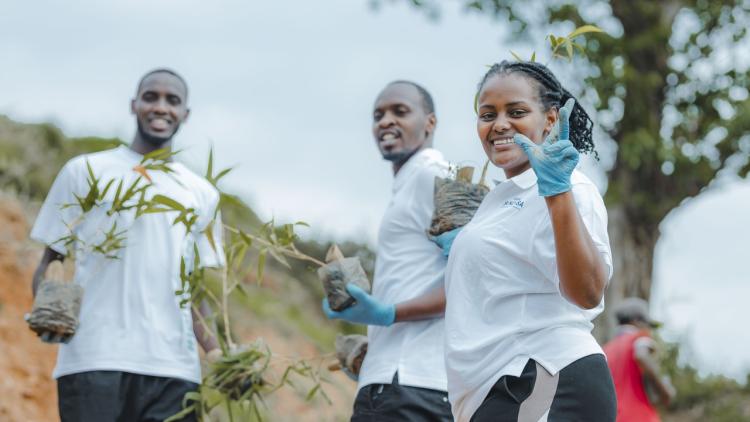
IISD, May 2024
Tackling flash floods, urban heat & other climate change threats in Sub-Saharan Africa

